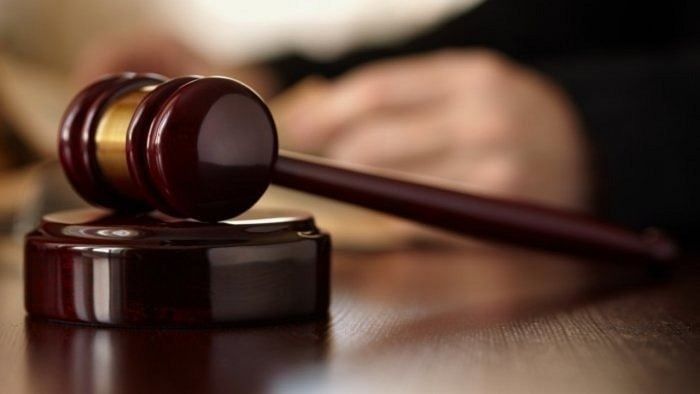
While arguing for leniency towards 49 people convicted in the 2008 Ahmedabad serial bomb blasts case, the defence lawyer on Friday said before the special designated court that it should not treat the case as one of the "rarest of the rare" to award the death penalty as the country has witnessed several similar cases such as Malegaon blast.
Noting that such incidents shouldn't be taken lightly at any cost, the defence lawyer MN Shaikh told the court that if one goes to the root of the reasons behind these incidents, it will be found that these are the result of "injustice". Therefore, he said that one injustice should not lead to another. He argued that "awarding death penalty will not help in curbing such incidents and neither will it serve the purpose of justice." Shaikh added that "many of the convicted have lost their faith in the justice system" and the court must consider that their feelings come from the sense of injustice meted out to them.
Shaikh said it is the prosecution's case that the blasts were an act of "revenge" for atrocities on Muslims in wake of the 2002 post Godhra riots. But, he said, since 1992, following Babri Mosque demolition, "blasts have been happening in the country like in Malegaon, Modasa, Samjhauta Express, blasts in Jaipur and Delhi. Although the prosecution states that convicts carried out 2008 blasts to take revenge for 2002 post Godhra riots, I think it was more of an emotional reaction than a revenge like most of the cases I counted before the court."
Asking for minimum punishment, Shaikh argued, "They (convicts) are Indians, well educated and many of them follow Gandhi and Ambedkar's teachings." He asked for a simple life imprisonment in case the court still believes that they should be punished. He also asked the court to consider section-428 of code of criminal procedure (CrPC) that deals with setting off the period of sentence already undergone while awarding punishment. In this case, the majority of the convicts are in jail for over 13 years.
Other defence lawyers will argue on Monday.
Earlier on Tuesday, the special court had found 49 accused guilty and acquitted 28 persons for want of evidence and for the benefit of the doubt. On July 26, 2008, coordinated blasts had killed 56 people and left over 200 injured. Police had claimed that it was carried out by Indian Mujahideen, a breakaway faction of the banned Students Islamic Movement of India (SIMI). The movie behind the blasts was found to be "a revenge for atrocities on Muslims in 2002 post Godhra riots."
Earlier in the day, the special judge Ambalal R Patel, who is conducting the hearing through video conferencing, asked all the convicts to address the court if they wanted to put forth their side before deciding the punishment.
Many convicts broke down while pleading for leniency citing their family backgrounds, social life and being incarcerated for over 13 years. Some of them burst into anger, claimed innocence and said that they had hope only in "divine justice" and alleged the police officers, prosecution lawyers and judicial system of being biased towards a particular community.
"The almighty is watching everyone, including those who are pleading for mercy here. The Almighty has punished some police officers, who framed the innocent people in this case, by putting them in jail. Only almighty can do the justice," one of the convicts told the court while alleging that those government officials involved in the investigation and trial "know in their heart that they (convicts) were innocent people."
One of the convicts while seeking mercy said, "I am in jail for over 13 years. My wife divorced me. I am a social man and want to live in society. I studied in jail by utilizing the time rather than wasting the time I had. I am so poor that I couldn't afford a lawyer. My lawyer is from the government's legal aid department."
"We are not bad people. You just meet my family and you will understand. They are well educated. You will realize it once you meet them," said another one requesting the court to meet his progressive family before awarding him any harsh punishment. "I have psychiatric issues. I haven't seen my father for 10 years. Please issue a special order so that I can meet him. I haven't touched my wife and children all these years," another convict said.
“When I was put behind bars, I was an illiterate man. In jail, I studied till graduation but failed the exams. I had never visited Gujarat before being arrested. My family is dependent on the government's monthly ration,” said another one.
“I had no idea that the court would find me guilty. I had hoped for justice. I was barely 21 years old when the DCB (detection of crime branch) arrested me and forced me to sign some blank papers on which they wrote whatever they liked. I say that DCB should get a patent on this kind of investigation style,” another convict said in his defence.
Check out the latest videos from DH: